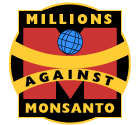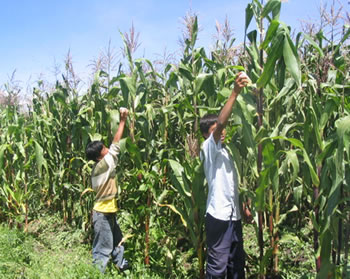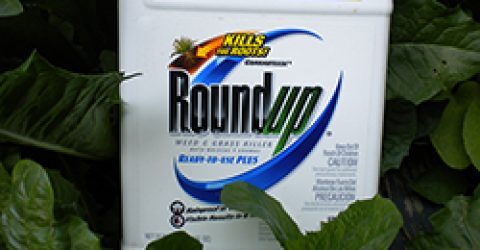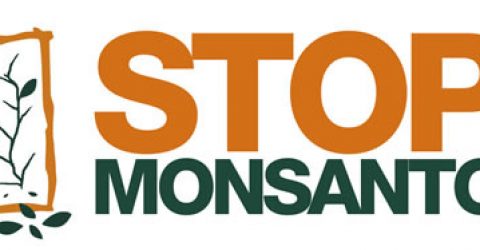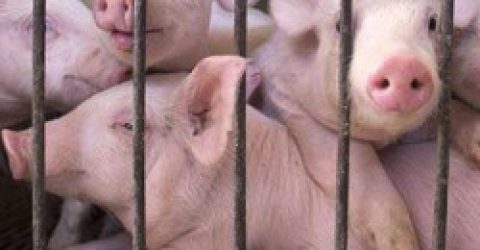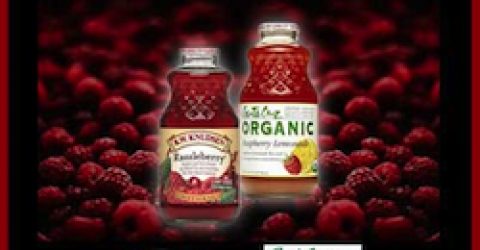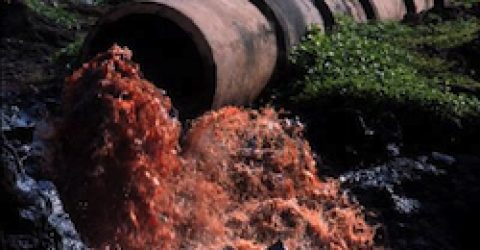Trader Joe’s performs random audits of items with suspect ingredients, using an outside, third-party lab to perform the testing, the company said. Trader Joe’s system is not unlike that of the USDA, which requires sworn statements from food producers to certify organic foods. The agency requires test samples from approximately 5 percent of products, all of which must be GMO-free in order to be certified organic. For the other 95 percent, the agency relies solely on sworn statements.
Clif Bar & Co. also requires affidavits from ingredient suppliers demonstrating they can meet the company’s stringent non-GMO requirements.
Monsanto would have you believe that verifying and labeling for non-GMO ingredients is a costly and burdensome affair, but the fact that Trader Joe’s, known for its discount prices, can provide GMO-free private label products, which reportedly account for over two-thirds of the company’s estimated annual $9 billion in sales, takes the wind out of the “burdensome” argument. That leaves the cost of adding another line of ink to a label. Trader Joe’s doesn’t yet label its private label products as GMO- free, but the company cites a lack of clear labeling guidelines from U.S. governmental agencies as the reason it doesn’t label, not cost.
Megan Westgate, Executive Director of the Non-GMO Project confirmed what retailers who use the affidavit system said: “An affidavit system like what’s proposed in I-522 is a powerful way to have a significant impact on the food supply with minimal cost.”
